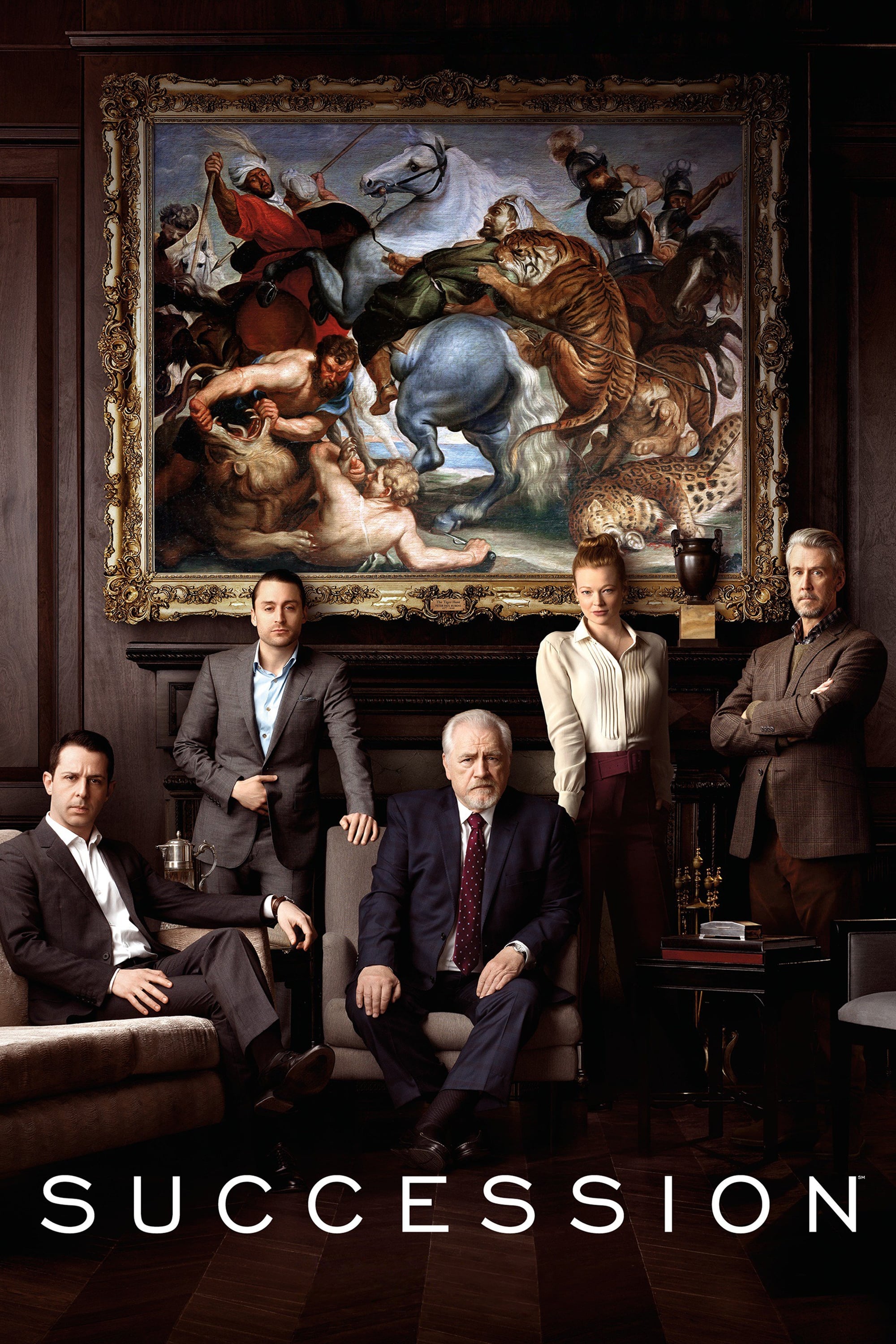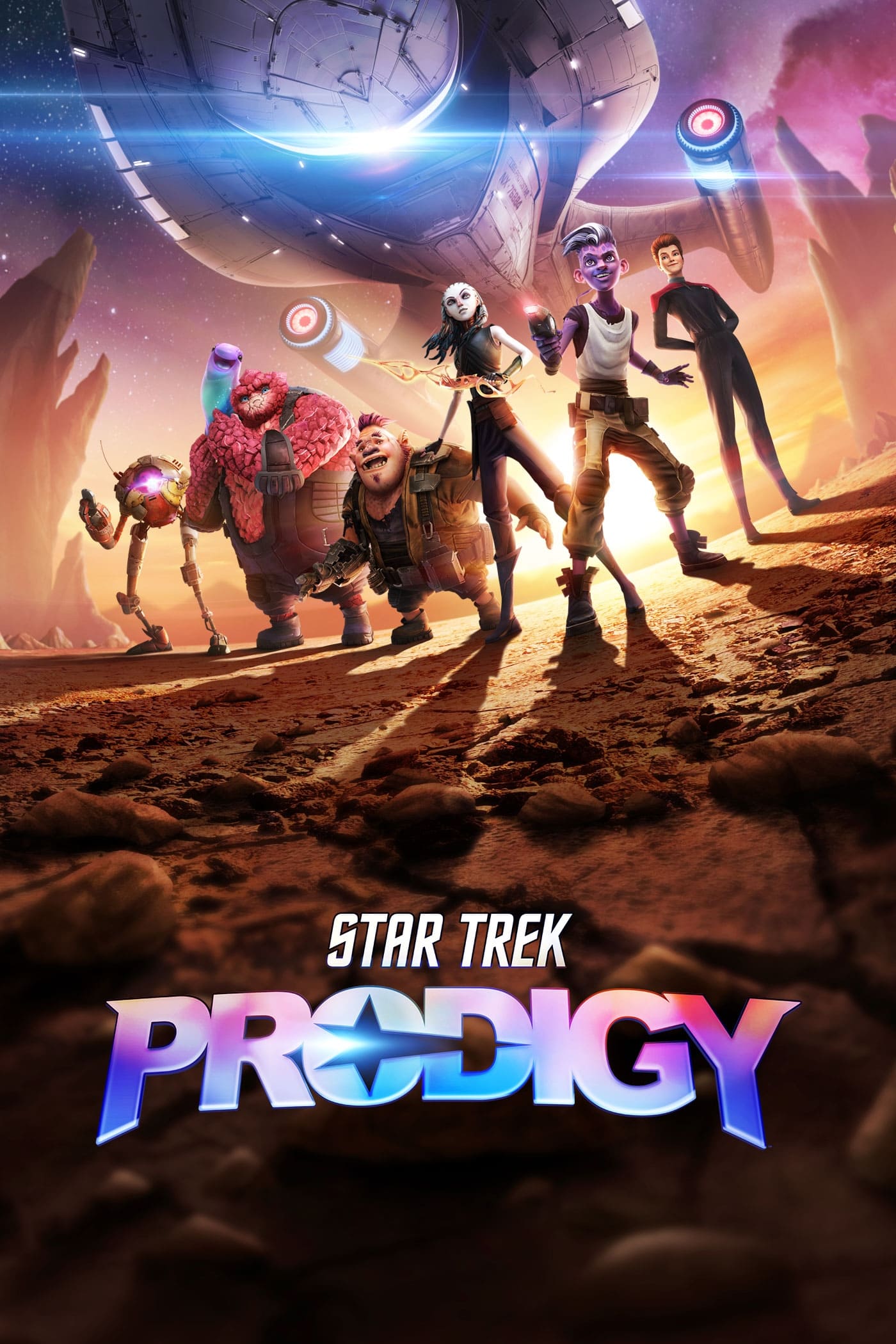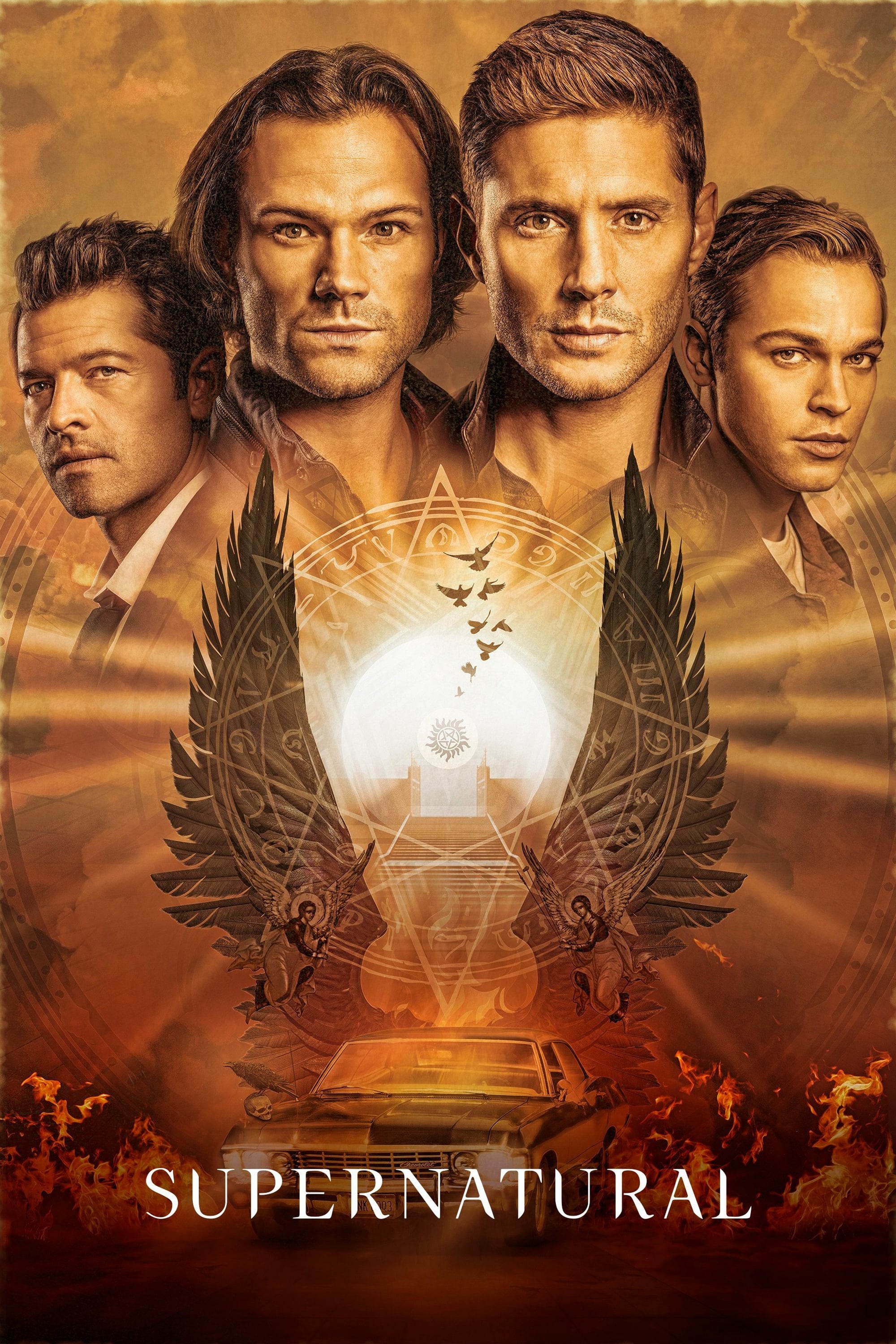
Alberto Rosado – Jesús Torres: Duos with Piano (2024)
FLAC (tracks) 24 bit/96 kHz | Time – 01:02:05 minutes | 965 MB | Genre: Classical
Studio Masters, Official Digital Download | Front Cover | © IBS Classical
Duos With Piano with pianist Alberto Rosado presents itself before us like a photograph, still in development, of a part of the vital outline of Jesús Torres. It shows us his essential characteristics, his concerns, and the solutions he has adopted throughout the more than twenty years covered by this volume (1997-2018). Along with Rosado’s duo partners on the album.
Read more
Estellés, Iturriagagoitia, Apellániz, Rosado – Fin du temps (2020)
FLAC (tracks) 24 bit/96 kHz | Time – 01:01:40 minutes | 900 MB | Genre: Classical
Studio Masters, Official Digital Download | Front Cover | © IBS Classical
This album provides the recording of two chamber music works, possibly the most important of the 20th century: The Quartet pour la fin du Temps (Messiaen) and Quatrain II (Takemitsu), both for an unusual instrumental group: clarinet, violin, cello and piano. The Quartet pour la fin du Temps was inspired by the tenth chapter of the Book of Revelation and it is dedicated to the Angel of the Apocalypse who lifts his hand toward Heaven and says: « There shall be time no longer, but at the day of the trumpet of the seventh angel the mystery of God shall be consummated ». This quote refers to the notion of eternity: the Quartet does not evoke the “end of Days”—which is considered the disappearance of human civilization—, but rather the “end of Time” or the beginning of Eternity. This religious backdrop is accompanied by a great wealth of images that fed Messiaen’s creativity and it finds inspiration in multiple and varied sources such as Hindu rhythms, the Greek metrics, the singing of birds and brief elements borrowed from other composers. Very knowledgeable about and admiring of Asian cultures and musical traditions, Messiaen, in turn, attracted composers from the Far East. Toru Takemitsu admired his work and his harmonious language, which influenced his own style. Takemitsu composed Quatrain for clarinet, violin, cello, piano and orchestra, and Quatrain II in 1976-1977 with the same instrumentation of Messiaen’s Quartet, but without an orchestra. An homage to Messiaen, in the same way that Messiaen’s Quartet is based on numeric symbolism, Quatrain is organized around the number four: four in the sense of plenitude, balance, symmetry, four as the lines that make up a stanza in a quatrain, four instruments used, four sections into groups of four bars…
Read more






















